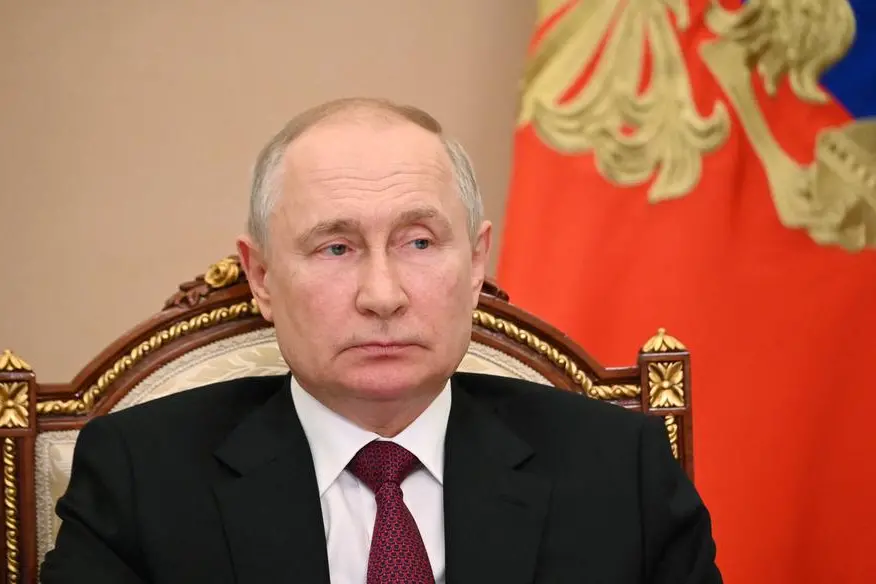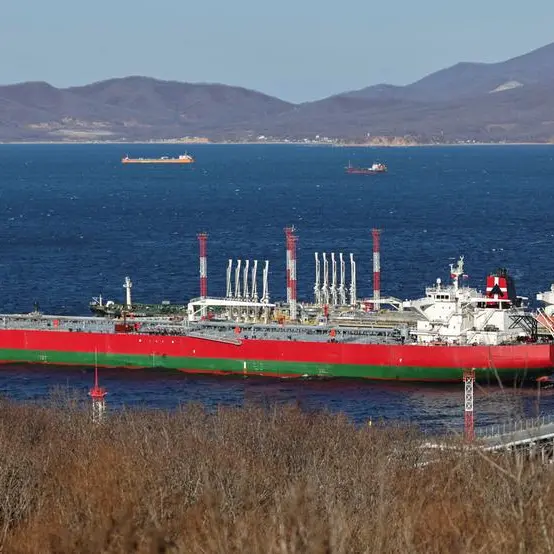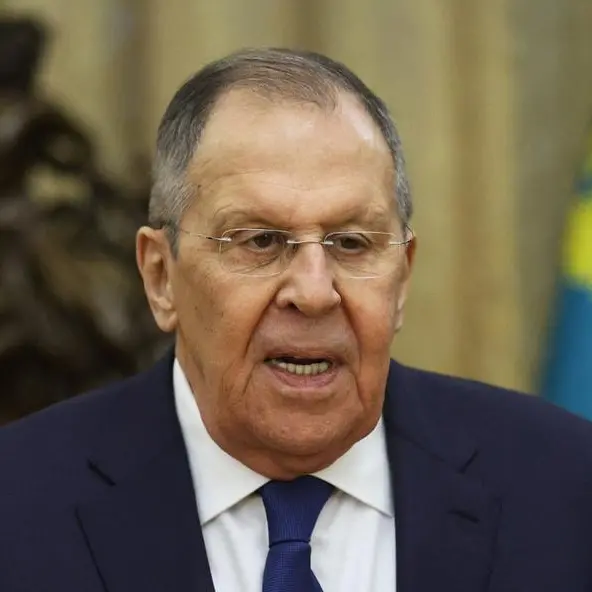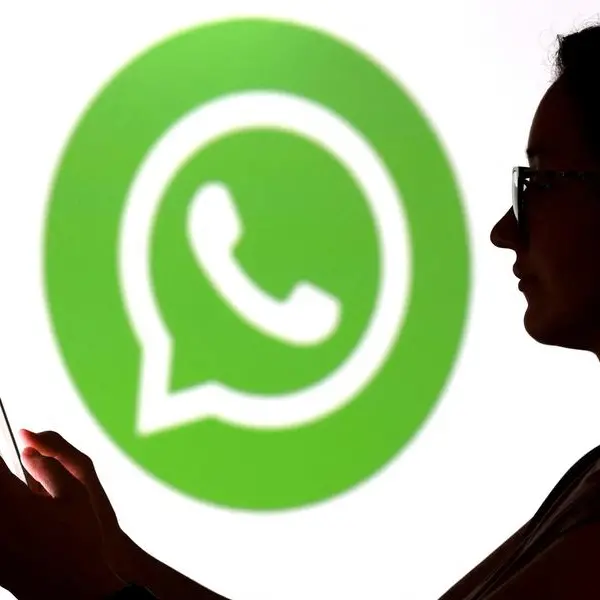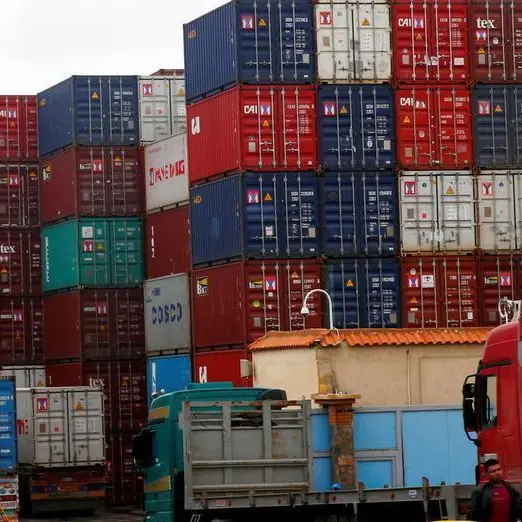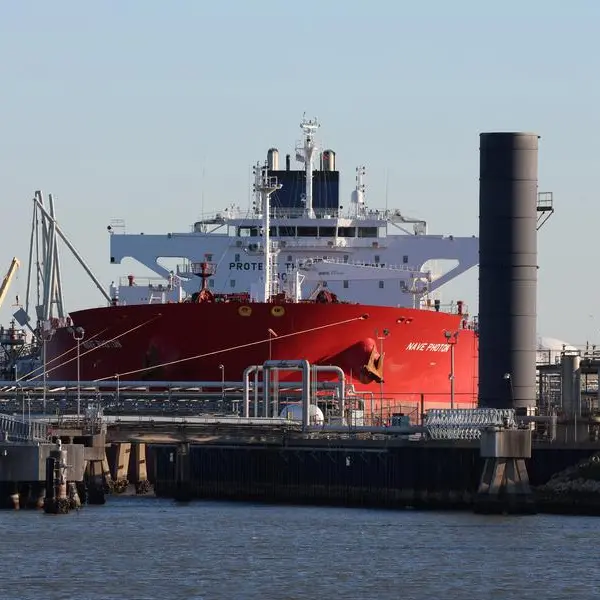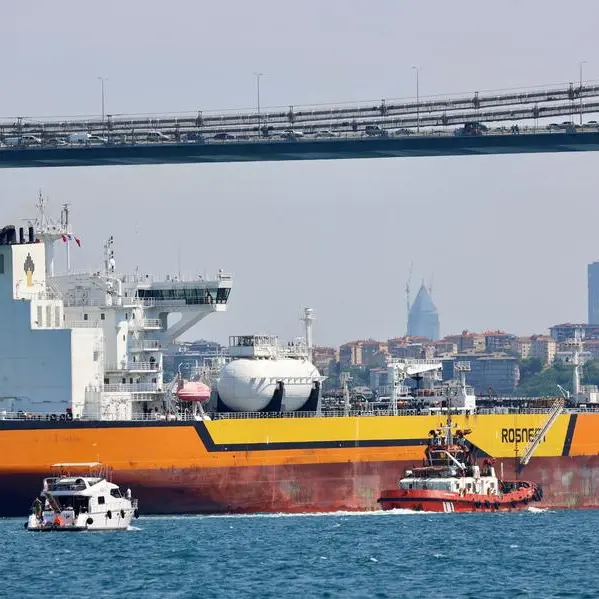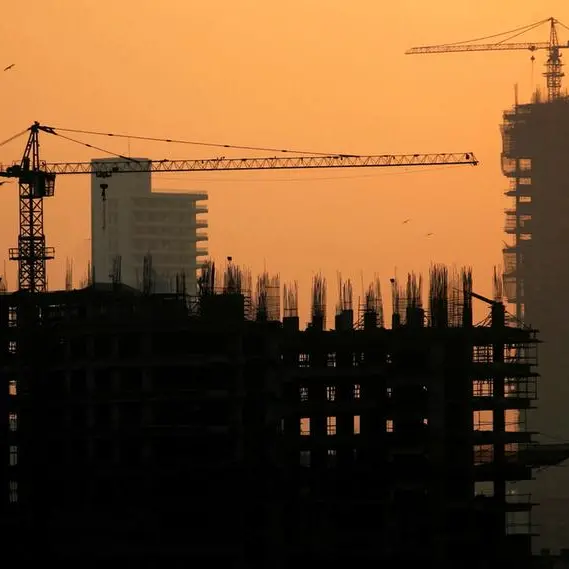PHOTO
Russian president Vladimir Putin will stay away from next month’s summit of leaders from the BRICS group of nations in South Africa, ending speculation over whether the host nation would arrest him for war crimes.
South Africa's President Cyril Ramaphosa said the decision for Putin to skip the summit was reached "by mutual consent" meaning the spectacle of his arrest under an arrest warrant by the International Criminal Court (ICC) for war crimes has been averted.
As a signatory to the Rome Statute of the ICC, South Africa would have been obliged to arrest Putin had he come to Johannesburg. The announcement by Ramaphosa resolves a serious dilemma faced by the host country.
"By mutual agreement, President Vladimir Putin of the Russian Federation will not attend the Summit but the Russian Federation will be represented by Foreign Minister, Mr Sergey Lavrov," Ramaphosa said in a statement on Wednesday. “The Summit will be attended by the leaders of Brazil, India, China and South Africa.”
Ramaphosa had stated in court papers made public on Tuesday that "it would be a reckless, unconstitutional and unlawful exercise of the powers conferred upon the government to declare war with Russia by arresting President Putin."
Karim Khan, prosecutor at the International Criminal Court had said last weekend that South Africa must comply with international law and arrest Putin.
In 2015, South Africa failed to arrest then-Sudanese President Omar al-Bashir, who was also wanted by the ICC, drawing international criticism.
BRICS summit
The August 22 - 24 summit is headlined by its members Brazil, Russia, India, China and South Africa, but other nations including the UAE, Saudi Arabia, Egypt, Turkey, Iran, Indonesia, Nigeria, Argentina plan to attend having expressed interest in joining the group.
Before the agreement was reached with Putin, South Africa's government had considered three options, none of which were accepted by all the BRICS partners.
These included relocating the summit to China, Putin sending his foreign minister in his place, and holding a virtual summit.
Ultimately the strategy became one of persuasion, as uninviting him was tricky because Russia had been an original member of BRICS before South Africa joined later.
Ramaphosa and Putin are expected to meet in St. Petersburg at the end of July for the Russia-Africa summit of leaders.
South Africa's dilemma over Putin's invitation highlighted the contradictions between Ramaphosa's ruling African National Congress party which has long-time ties with Russia and the country's commitment to non-alignment and the rule of law in foreign policy.
Ramaphosa is also awaiting the results of a panel investigation into the US government's claim that South Africa allowed arms to be shipped to Russia from a naval base in Cape Town last year, an act his administration had prohibited.
(Editing by Seban Scaria seban.scaria@lseg.com)
